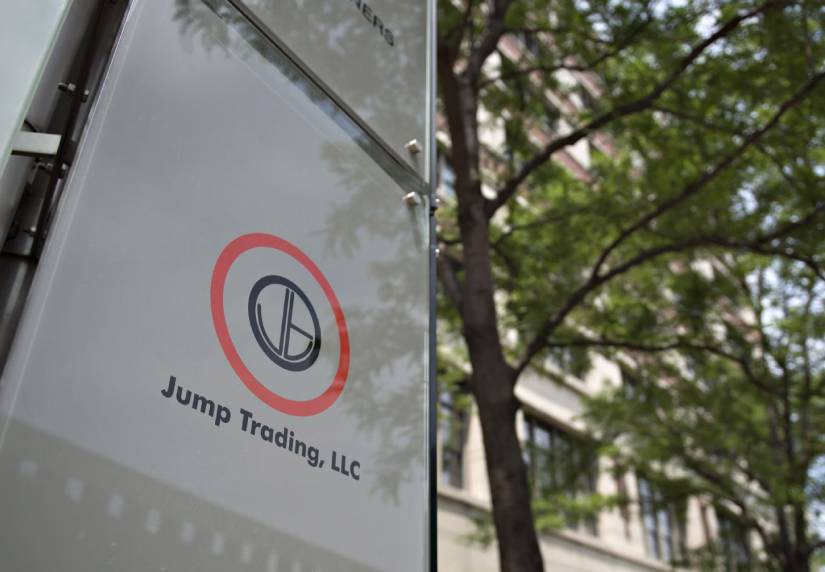TL;DR
- Fracture Labs sues Jump Trading over an alleged “pump and dump” scheme involving its DIO token.
- Jump Trading sold all its DIO holdings at peak price, causing a drastic drop in value.
- The lawsuit seeks a jury trial and restitution of the profits gained by Jump.
Fracture Labs, a cryptocurrency game developer, has taken a significant step by filing a lawsuit against Jump Trading, accusing the firm of manipulating its DIO token through a “pump and dump” scheme.
The lawsuit was filed on October 15 in an Illinois District Court and is based on the allegation that Jump Trading, acting as a market maker, breached an agreement to support the initial offering of the token on the HTX exchange (formerly Huobi) in 2021.
According to information provided by Bloombers, Fracture Labs claims it provided Jump Trading with 10 million DIO tokens, valued at $500,000, to help facilitate the token’s launch.
The situation became complicated when HTX partnered with online influencers to promote DIO, which increased its value to $0.98.
At this point, Jump Trading’s holdings were reportedly valued at approximately $9.8 million.
However, the lawsuit alleges that Jump sold all its DIO holdings at the peak of its value, triggering a mass liquidation and causing the token’s price to collapse to $0.005.
This allowed Jump to profit millions, as it subsequently repurchased the tokens at a significantly reduced price of around $53,000, returning them to Fracture Labs and effectively ending their partnership.
Additionally, Fracture Labs states it transferred 1.5 million USDT into an HTX holding account to ensure that its involvement would not interfere with DIO‘s market performance during the first 180 days of trading.
Jump Trading had supposedly committed to maintaining the price of DIO within specific parameters, but the price fluctuations caused by its actions allegedly led HTX to withhold a significant portion of the USDT deposit.

A Turn in Crypto Market Regulation
The lawsuit not only highlights tensions between startups in the cryptocurrency space and market makers but also raises questions about the regulation of the sector.
Fracture Labs accuses Jump Trading of fraud, deceit, civil conspiracy, breach of contract, and breach of fiduciary duty, reflecting growing concerns about ethics in cryptocurrency trading.
In the current context, where regulatory authorities like the Commodity Futures Trading Commission (CFTC) are paying more attention to trading practices in the sector, this case could have significant implications.
The fact that Jump Trading has not been named in the lawsuit as an isolated player but operates in an environment where regulations are tightening underscores the need for greater transparency in the crypto market.
Jump’s actions not only affected Fracture Labs but also jeopardized investor confidence in the DIO token and the broader cryptocurrency ecosystem.
As the case progresses, it could set an important precedent for future legal disputes in the cryptocurrency space.
The court’s decision could influence how market makers operate and the expectations that startups have when partnering with them.
Fracture Labs is seeking a jury trial, as well as the restitution of the profits that Jump Trading gained through its actions, reflecting the financial and reputational damage suffered by the company.
In summary, this litigation is not just a conflict between two entities, but a reflection of the existing tension in the emerging cryptocurrency ecosystem, where trading practices are still not fully regulated.
The resolution of this case could mark a turning point for the future of the cryptocurrency market, as well as for the relationship between development companies and market makers.


